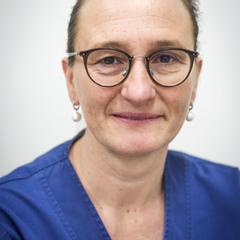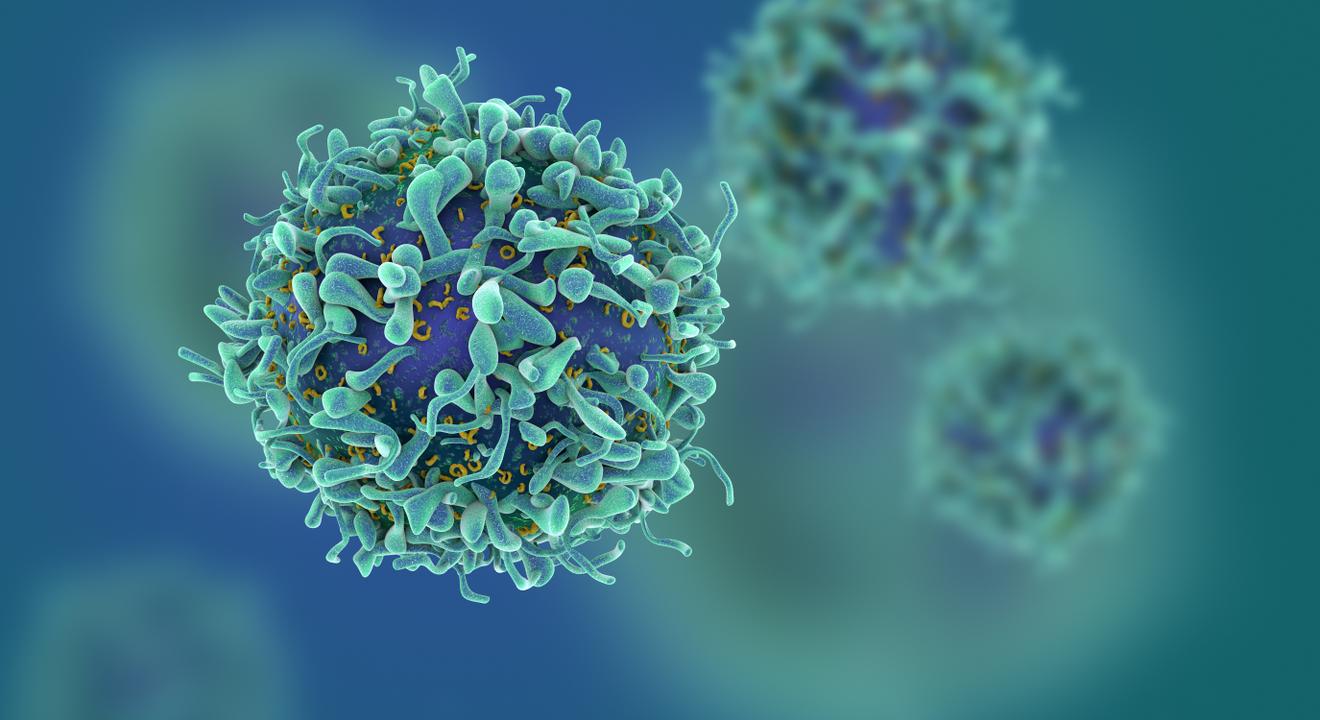The starting point of the trial, recently published in Nature Medicine, was a clinical question of UZ Leuven physicians. For quite a number of cancers, such as lung and skin cancer, immunotherapy is already part of the standard therapy. For breast cancer, immunotherapy is only given to a small group of patients with metastasised breast cancer. For 1 in 3 patients immunotherapy catches on, but doctors can only evaluate after three months, based on medical imaging. This means that 2 in 3 patients undergo unnecessary treatment for three months. Immunotherapy is also an expensive therapy which can cause serious adverse effects.
For patients with early stage breast cancer, immunotherapy is not yet part of the standard therapy. At this time researchers have indications that there is a small group of patients that could benefit from immunotherapy. The challenge remains to select patients that could benefit from immunotherapy from their diagnosis onwards.
Single cell technique
The demand for a biomarker is high. KU Leuven doctoral researchers have therefore set up a trial that took tumour tissue from patients with early breast cancer, right before and after the first treatment with immunotherapy (anti-PD1). Thanks to the use of the so-called single-cell techique, VIB researchers were able to discover a first potential biomarker. This ground-breaking technique allows the study of all the cells of the tumour - cancer cells as well as other cells from the tumour micro-environment, and their interaction in high resolution. Older, so-called ‘bulk techniques', give a mixed signal of all cells together, and can't distinguish between the different types of cells in the tumour. Nonetheless this information is essential for understanding how immunotherapy works on a tumour.
For patients with early stage breast cancer, immunotherapy is not yet part of the standard therapy prof. dr. Ann Smeets
prof. dr. Ann Smeets
Response after 1 dose
On a deeper cell level, the single-cell technique saw differences that indicate that the immunoresponse had started working. In addition, it could predict in which patients the therapy would catch on. For 1 in 3 patients there was already a response after one dose of the immunotherapy. Immunotherapy for early-stage breast cancer is not yet reimbursed in Europe and can currently only be given to patients included in a trial. A follow-up trial has been planned to validate the results and to give breast cancer patients access to immunotherapy in the future.
Prof. dr. Ann Smeets, breast cancer surgeon at UZ Leuven and principal investigator of the trial: “Finding biomarkers for immunotherapy in breast cancer is a big step to be able to provide immunotherapy for early-stage breast cancer patients.”
Prof. Diether Lambrechts (VIB-KU Leuven): “This trial is unique because for the first time we were able to analyse a large group of breast cancer patients on the level of individual cancer cells. Other techniques missed the clear differences between patients that will or will not respond to the therapy, but thanks to single-cell techniques these can be unraveled. Mapping the intratumoral changes before and after a dose of immunotherapy on single-cell level is essential for further research into biomarkers for breast cancer patients."
This project is part of the VIB Grand Challenges-programme. Innovative technologies are used to provide answers to urgent questions from society. The project would not have been possible without the support of Kom op tegen kanker and the Nadine de Beauffort foundation.
Read the publication in Nature.
Read more about the single-cell technique in this trial.
